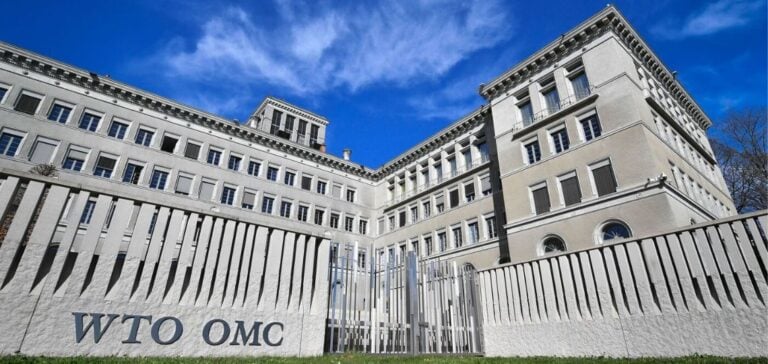China has officially lodged a complaint against the United States with the World Trade Organization. The move is aimed at Washington’s subsidies for new-energy vehicles, which Beijing regards as discriminatory. The Chinese Ministry of Commerce believes that these measures distort competition and violate WTO agreements, destabilizing global supply chains.
Criticism of American subsidies
The subsidies in question are part of the Inflation Reduction Act (IRA) adopted in 2022, a major US climate plan. The Chinese government accuses the USA of distorting competition in favor of their domestic new-energy vehicle industries, through these financial aids. Beijing is demanding that the United States align itself with international trade rules. In 2022, the European Union had also challenged the IRA and the protectionist measures implemented by the country.
Accusations of unfair competition
By accusing the United States of unfair competition, China is highlighting its opposition to Washington’s perceived exclusive policies. These subsidies, according to the Ministry, compromise the integrity of global markets and hinder the balanced development of the new-energy vehicle sector. Beijing’s call for a correction in US industrial policies reflects a desire to protect its interests in a rapidly expanding strategic field.
Context of bilateral tensions
The complaint comes against a backdrop of heightened bilateral tensions, marked by clashes on several fronts, from tariffs to technology. The electric vehicle sector, in particular, symbolizes an area of intense competition between the two powers, underlining the major economic and ecological stakes involved.
In response to the Chinese complaint, US Trade Representative Katherine Tai asserted that the IRA aims to address the climate crisis while boosting US economic competitiveness. She accused China of unfair trade practices, arguing that the U.S. seeks to build a clean energy economy that benefits workers and the environment.






















